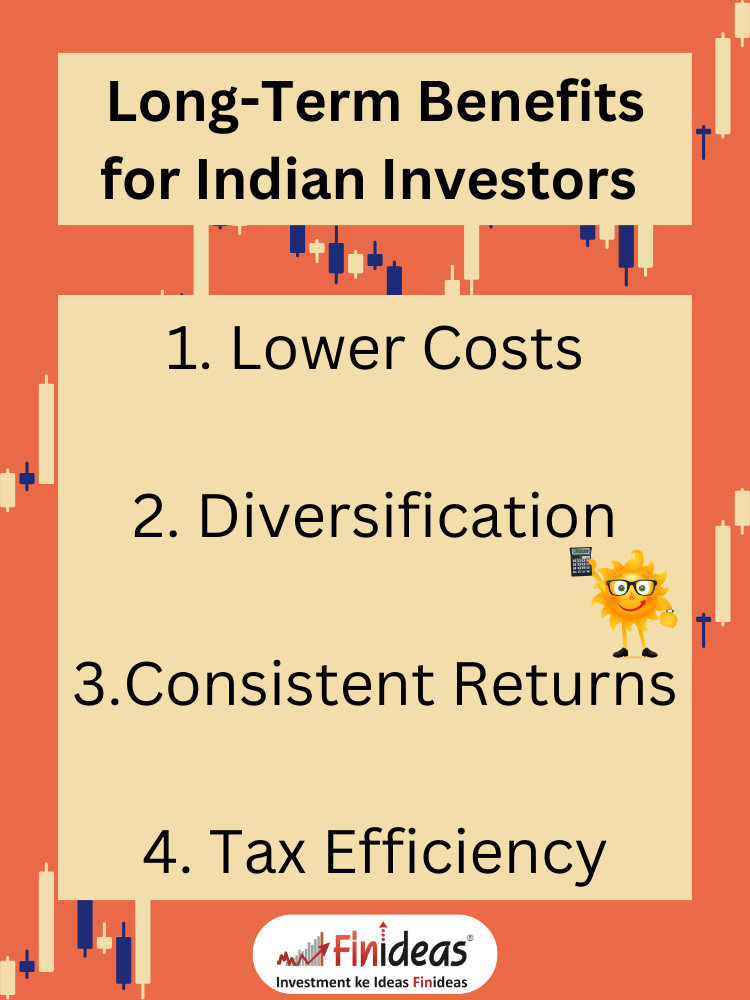The Power of Passive Investing
Unlocking Financial Stability and Growth for the Indian Investor
Welcome to our latest blog post, where we delve into the world of passive investing and explore how index funds can be a game-changer for investors in India. In a market often characterized by volatility and uncertainty, passive investing offers a steady and reliable approach to wealth accumulation over the long term. So, let’s dive in and uncover the significant advantages that index funds bring to the table for the Indian audience.
Understanding Passive Investing and Index Funds
Passive investing revolves around the principle of building a diversified portfolio designed to mirror a specific market index, such as the Nifty 50 or the Sensex in India. Unlike active management, where fund managers aim to beat the market through frequent buying and selling of securities, passive investing takes a more hands-off approach. Index funds, the primary instrument of passive investing, aim to replicate the performance of a chosen index by holding the same stocks in the same proportion as the index itself.
Long-Term Benefits for Indian Investors
- Lower Costs: One of the most appealing aspects of index funds is their low expense ratios compared to actively managed funds. With minimal management fees and turnover costs, index funds offer a cost-effective way for Indian investors to participate in the equity market without incurring hefty charges.
- Diversification: Index funds provide instant diversification by holding a basket of stocks that represent an entire market or a specific segment of it. This diversification helps mitigate the risk associated with investing in individual stocks, making index funds an ideal choice for risk-averse investors looking to build a well-rounded portfolio.
- Consistent Returns: While active fund managers strive to outperform the market, research suggests that the majority fail to do so consistently over the long term. Index funds, on the other hand, aim to match the returns of the underlying index, offering investors a predictable and stable investment journey over time.
- Tax Efficiency: Index funds typically have lower portfolio turnover compared to actively managed funds, resulting in fewer capital gains distributions. This tax-efficient structure can translate into higher after-tax returns for Indian investors, further enhancing the appeal of passive investing.
This all benefits are present in one product so if you are someone who thinks for long term investing then you must check out Finideas’ Index Long Term Strategy.
As an Indian investor, what factors do you consider most important when choosing between active and passive investment strategies? Share your insights and experiences with us in the comments below!
Conclusion:
Index funds represent a compelling investment option for Indian investors seeking to build wealth steadily and reliably over the long term. By harnessing the power of passive investing, individuals can benefit from lower costs, enhanced diversification, consistent returns, and tax efficiency, paving the way for financial stability and growth in the years to come. Whether you’re a seasoned investor or just starting your investment journey, consider the merits of index funds as a cornerstone of your portfolio strategy.
Stay tuned for more insightful content on personal finance, investing, and wealth management tailored for the Indian audience.
Happy Investing!
This article is for education purpose only. Kindly consult with your financial advisor before doing any kind of investment.


